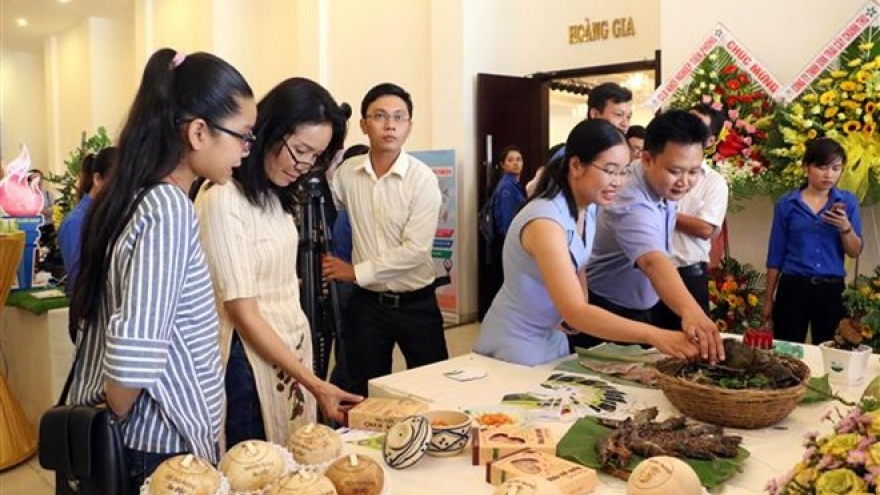Big difficulties discourage agriculture startups
Loss, inability to access bank loans, unreasonable policies and investors’ indifference all are putting pressure on the CEO of agriculture startups.
 |
“Just before and after Tet holiday, just within three months, we had to receive about 10 delegations of inspectors from state management agencies,” said Nguyen Khanh Trinh, CEO of a clean food supply chain in Hanoi.
Trinh said the word ‘inspection’ occurred in the last 10 months since the day he took office as CEO.
Trinh isn’t a strange name in the startup community. He is also founder and CEO of an online ad firm established in 2004.
In 2016, he decided to invest in agriculture with the project on Trung Thuc Farm which fertilizes plants and feed animals with worms.
He wants his farm to change traditional cultivation habits and allow Vietnamese to use clean food.
To date, Trinh has opened 20 shops in seven districts in Hanoi and runs a 10 hectare farm in Soc Son, which are considered the initial success of the project.
However, Trinh said he will still have to go a long distance to bring his products to consumers, because of many barriers.
“Too many kinds of licenses are required in one clean food shop, while policies change all the time,” he said.
“We have the food hygiene certificate granted by the National Agro-Forestry-Fisheries Quality Assurance Department (Nafiqad). However, when officials from the Market Management Taskforce inspect our shop, they require a certificate on meeting requirements on food safety granted by local industry and trade departments,” he said.
Tran Thi Huong decided to leave a foreign invested enterprise where she worked as an accountant, to start up her business Chum Ngay Viet.
Huong leased land to grow horseradish tree (Moringa oleifera) to sell to vegetable shops, supermarkets and online shops. Later, she shifted to trade herbal products.
To make dry horseradish products, she needed to have a drying machine which is worth billions of dong.
“I heard that banks have the programs on funding agriculture projects, but I did not dare to ask for loans because of the complicated procedures,” she complained.
Only when meeting engineers from the Hanoi University of Science & Technology could she have a made-in-Vietnam cold dryer system with the price just equal to 1/3 of imports.
However, another problem has arisen. “While Japanese come to Vietnam to buy products, Vietnamese only want foreign made products,” she complained.
Nguyen Hai An, director of the HCMC Hi-tech Agriculture Business Incubating Center, confirmed that agriculture projects meet many difficulties. There have been about 50 startup projects in the field, but only half could succeed and their products could be commercialized.


